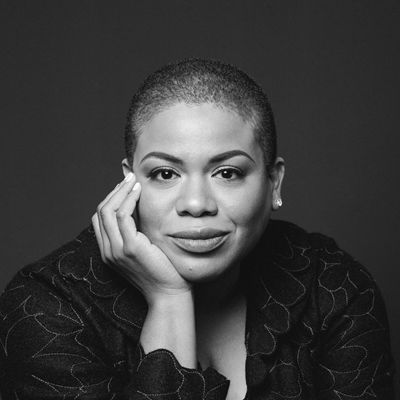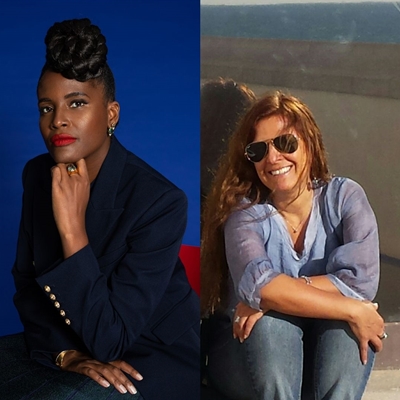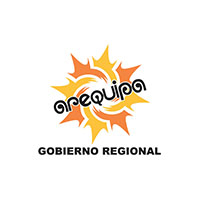Hay Festival Arequipa 2023 – Afrodescendencias
Hay Festival Arequipa 2023 was held November 9-12, with 109 activities with 145 guests from 15 countries. We will offer 17 talks and workshops for students at the Hay Joven programme and 7 events for children at Hay Festivalito.
Hay Forum Moquegua took place on 8 November with four activities on education and current affairs.
Events are available at Hay Festival Anytime.
Event HJ10
Mariela Noles Cotito
Peru, probably
Teatro Arequepay
Read more
Event 11
Pedro Favaron, Mariela Noles Cotito and Roberto Zariquiey in conversation with Karina Pacheco
Amazonia and Afroperu
Teatro Fénix - Escenario Gales / Llwyfan Cymru
Read moreOften, indigenous peoples and specific communities are excluded from participation in the designs of the political and cultural systems that influence their own lives. The inclusion and active participation of all citizens is the only way of achieving full and equal democracy. Three experts will talk to the writer and anthropologist Karina Pacheco about their work with Amazon and Afro-Peruvian communities. Pedro Favaron has a doctorate in Literature from the University of Montreal, is a social researcher into Andean, Amazonian and North American indigenous peoples, and is a lecturer at the PUCP. Mariela Noles Cotito lectures in Politics, Discrimination and Public Policy at the University of the Pacific and has Master’s degrees in Law, Latin American Studies and Politics; she carries out research into the themes of human rights, gender equality, non-discrimination and the analysis of public policies related to inclusion. Roberto Zariquiey has a doctorate in Linguistics from La Trobe University (Melbourne), is a lecturer at PUCP and has headed a range of research and social projects regarding Amazon languages.
With the support of the Ford Foundation

Event 15
Djamila Ribeiro in conversation with Rocío Ferreira
Where are we speaking from when we talk about ourselves? Intersectional feminism
Teatro Fénix - Escenario Gales / Llwyfan Cymru
Read moreEveryone has their own place from which they speak, something that needs to be treated with judgement, responsibility and respect. In Lugar de fala, the philosopher and activist Djamila Ribeiro (Brazil) offers a range of rich and diverse reflections on the violences that surround the place that black writers express themselves from, particularly affecting women, and which cause the invisibilization of the knowledge that arises outside of Eurocentric logics. In this conversation with Rocío Ferreira, the author will talk about the concepts employed by racialized authors in order to defend the right to a dignified existence, and to their own voices.
Simultaneous interpretation from Portuguese to Spanish available
With the support of Open Society Foundations

Partner for Latin America

Principal Sponsors




Government Partner

Institutional Partner

